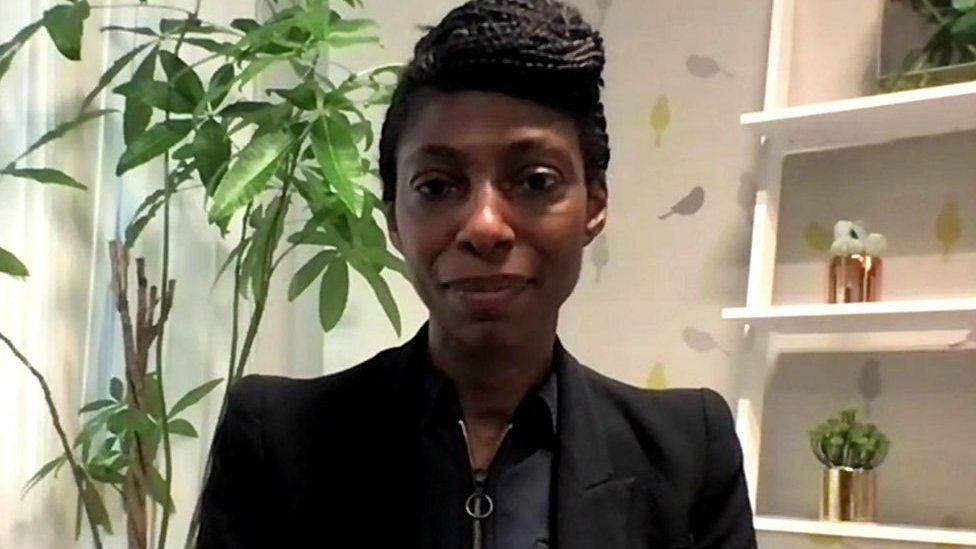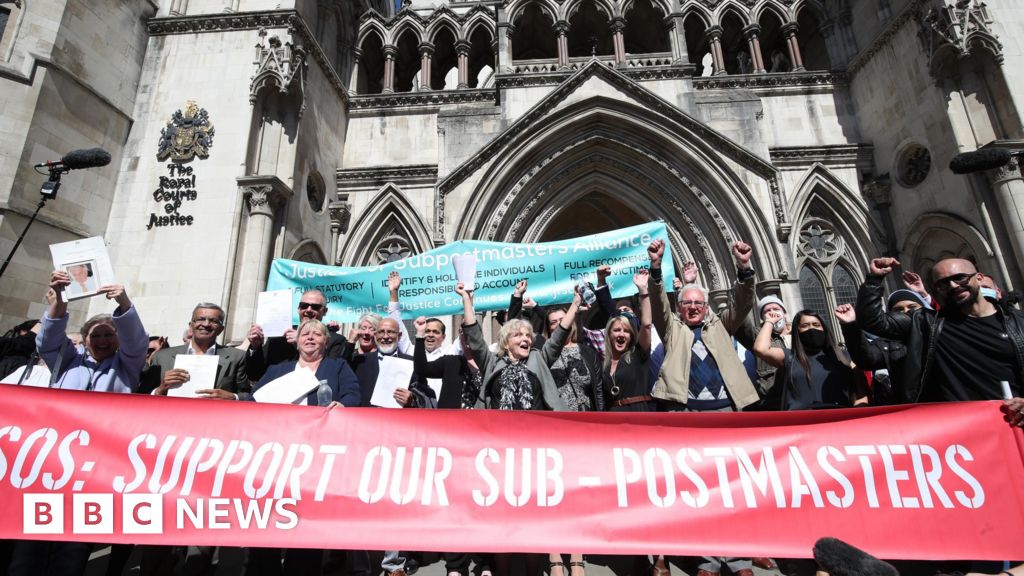ARTICLE AD BOX

The boss of John Lewis has told the BBC she has "never seen anything quite like" the country's current economic situation throughout her entire career.
Dame Sharon White urged the future government to encourage people, mostly aged in their 50s, to return to work after retiring during the pandemic.
She said with "one million fewer people in work or looking for work" higher inflation was inevitable.
Inflation, the rate at which prices rise, is currently at a 40-year high.
Dame Sharon, who is a former Treasury civil servant, said she was cautious about giving advice to her former colleagues, but said "one area" that had not had "enough attention" was the jobs market situation over the last 18 months.
"Regardless of what has happened coming out of Covid, if the labour market is that tight, if we continue to have far fewer people in work, looking for work - you've inevitably got more inflation and more wage inflation," the John Lewis chair said.
"I guess I would encourage...any government to really think much more about how to we encourage more people back into work.
"There's not a business in the UK that's not finding it very difficult to recruit at the moment because there are so many more jobs and so far fewer people looking for work. It's a big issue."
Since coronavirus restrictions have been removed, many industries have struggled to recruit workers as demand has returned, with job vacancies at near record highs.
The ONS has previously reported the number of "economically inactive" people - those without a job and not seeking to work - has remained higher than before Covid struck, with retiring being the most popular reason for people aged between 50 and 70 years stating their reason for not working.
Some firms have been increasing wages to attract and retain staff, but pay rises are not keeping up with the growing cost of living, with household budgets being squeezed by record fuel and energy costs.
Several unions have called for wages to reflect the cost of living - with some industries such as the rail sector striking - but ministers have warned big pay rises would push inflation even higher.
Image source, Getty Images
Dame Sharon said she had "never" seen "such a combination of some very difficult factors" impacting the economy during her working career, which has also included a stint as boss of Ofcom.
"I've never seen anything quite like the economic environment we have at the moment," she said.
"I think the big worry that everybody has is inflation combined with low growth, low productivity. So I think the big focus for all of us is how do we avoid stagflation?
"How do we avoid the UK becoming Japan with very low, very persistently low rates of productivity and very low persistent rates of growth? To come out of that you have got to get businesses investing."
Dame Sharon said introducing flexible retirement plans for people and skills courses for older workers to retrain for different jobs could help encourage people back into work
"A million people out of the labour market has got profound, long-term, systemic implications and I would like there to be more of a debate, more of an open debate and certainly more of a debate between business and government," she said.
'Tough trading'
Dame Sharon admitted trading for John Lewis had been "tough" over the past few months, with the company discussing how it can help customers through loyalty schemes as well its staff.
She said John Lewis had doubled its financial assistance fund - a pot of cash where workers can apply for grants and loans if they have difficulty paying bills - from £400,000 to £800,000.
John Lewis has handed out a bonus of 3% this year to its 80,000, equivalent to one-and-a-half weeks' pay, and increased wages by 2%.
However, the current rate at which prices are rising is at 9.4% and is expected to peak at 13% later this year. The Bank of England has also warned the UK will fall into recession as it raised interest rates by the most in 27 years.
Asked why John Lewis couldn't increase its wages in line with the rising cost of living, Dame Sharon said the department store had to "try to balance how do we ensure our partners are able to cope with the cost of living whilst also thinking about the affordability of pay for the business".
"I think the same dilemmas that the partnership faces are the same dilemmas that the whole of the economy faces," she added.

 2 years ago
77
2 years ago
77








 English (US) ·
English (US) ·